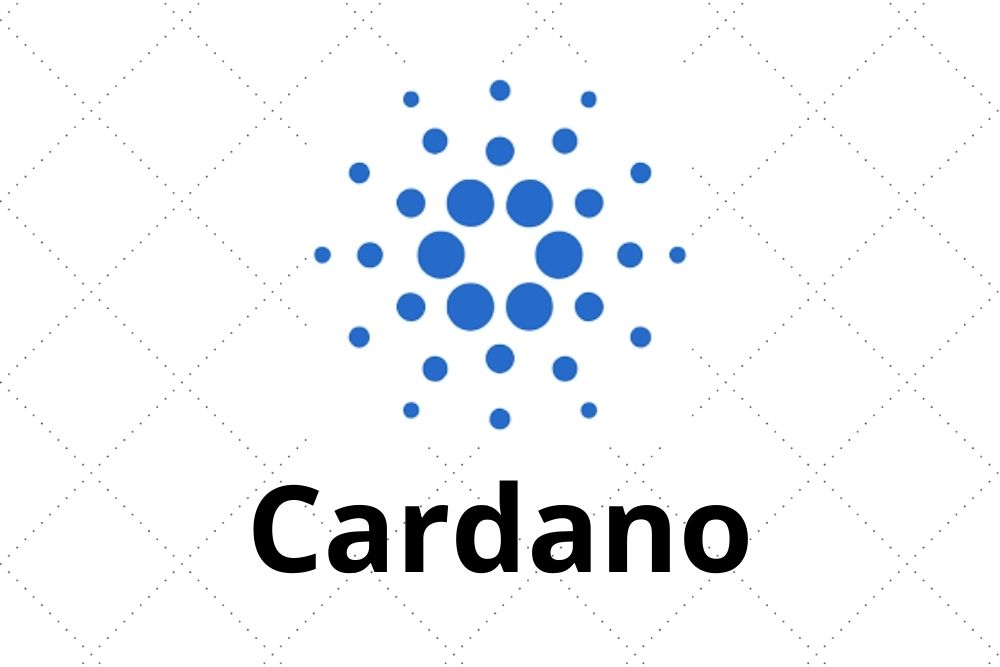The official announcement of the partnership between Cardano’s IOG and Ethiopia’s Ministry of Education has been over a week, but the record-breaking partnership is still being discussed by mainstream media.
A couple of hours ago, Charles Hoskinson, the CEO of IOG, who created Cardano (ADA), shared video news published by Reuters, which featured the groundbreaking partnership between IOG and Ethiopia’s Ministry of Education, to create a blockchain-based national ID and attainment recording system.
Read Also: OccamRazer Collaborates With Bondly To Enhance DeFi and NFT Capabilities on Cardano
The text that precedes the video news says, “The Ethiopian government is piloting blockchain in the education sector – saying the technology has a number of uses from locating exceptional students to verifying grades.”
A Reuter’s correspondent, Okwi Okoh reported the Cardano-Ethiopia partnership as follows:
“Blockchain is perhaps best known as the way in which cryptocurrency, such as Bitcoin and Ether are underpinned, but in Ethiopia, it’s been deployed in schools. The government of Ethiopia has partnered with a blockchain firm, IOG, to digitize the sector. Its role includes record-keeping, resource allocation, and the issuance of teacher and student IDs.”
Read Also: World’s First Licensed Bitcoin-Led Casino Operator Adds Cardano (ADA) As a Payment Method
According to the report, Education Minister, Getdown McCain, said “the technology was being piloted in all secondary schools and covering around five million students.
“As Minister of Education, I would be able to locate exactly where, for example, very good students are in mathematics or in physics and chemistry.”
Describing blockchain, the Reuter correspondent said, “A blockchain is a database held across a network of computers. Once a record has been added, it is very difficult to change. To ensure all copies of the database are the same, the network makes constant checks that can be used for each key.”
The report also quoted IOG African operations director John Connor as saying “when, for example, verifying someone’s qualifications, this form of identity would enable you to share a single link to an employer, he could click on it and then follow through blockchain verified to be able to follow through on the blockchain. The verifications that you’ve actually achieved what you said you have.”
Read Also: Charles Hoskinson: Once Ethereum Users Wake Up, They Will Flock to Cardano for Lower Fees
In conclusion, Okwi Okoh stated that “IOG said the blockchain will allow Ethiopia’s government to monitor records, class attendance schedules and grades for all levels of schooling.
“The authorities have other plans, including providing all students and teachers with a tablet and a dedicated internet network. That’s as it pursues the goal of becoming a middle-income country.”
Reacting to the report, Charles Hoskinson tweeted, “Great to be on Reuters.”
Great to be on Reuters: https://t.co/TObbpO0Edu
— Charles Hoskinson (@IOHK_Charles) May 4, 2021
Follow us on Twitter, Facebook, Telegram, and Download Our Android App
